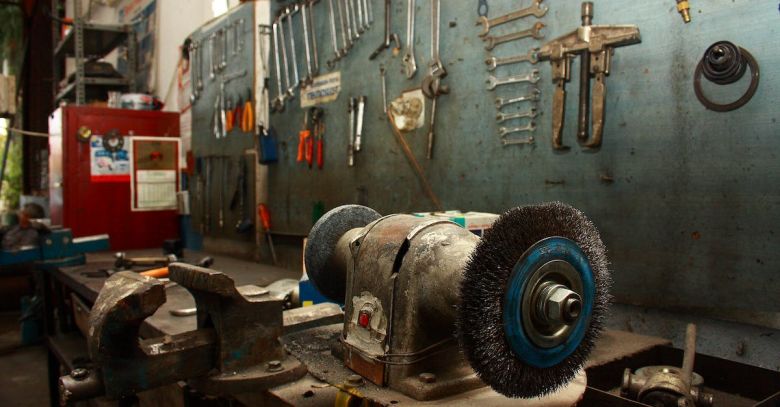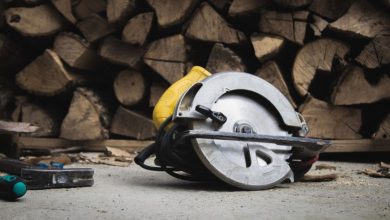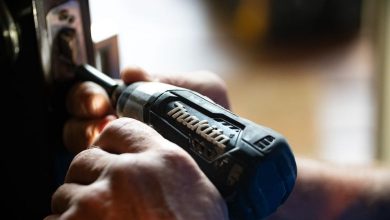All You Need to Know about Torque Wrenches

When it comes to precision tightening, torque wrenches are the go-to tools for many professionals. Whether you are a mechanic, engineer, or even a DIY enthusiast, having a torque wrench in your toolbox can make a significant difference in the quality and safety of your work. In this article, we will explore everything you need to know about torque wrenches, from their types and uses to tips for proper maintenance.
Types of Torque Wrenches
Torque wrenches come in various types, each designed for different applications. Let’s take a closer look at some of the most common types:
1. Click-Type Torque Wrench: This type of torque wrench is the most widely used. It features a clicking sound or a tactile feedback mechanism that alerts the user when the desired torque level is reached. Click-type torque wrenches are easy to use and suitable for most general applications.
2. Beam-Type Torque Wrench: A beam-type torque wrench relies on a calibrated bending beam to indicate the applied torque. It does not feature a clicking sound or tactile feedback, making it less user-friendly than click-type wrenches. However, beam-type wrenches are highly accurate and require minimal maintenance.
3. Digital Torque Wrench: As the name suggests, a digital torque wrench displays the applied torque on a digital screen. This type of wrench offers precise readings and often includes additional features like memory storage and data logging. Digital torque wrenches are ideal for applications that require high accuracy and documentation.
4. Dial Torque Wrench: Similar to a digital torque wrench, a dial torque wrench provides a visual display of the applied torque. It features a dial gauge that shows the torque reading in real-time. Dial torque wrenches are easy to read and are commonly used in automotive and industrial applications.
Uses of Torque Wrenches
Torque wrenches are primarily used for tightening bolts and fasteners to a specific torque value. This is crucial in industries such as automotive, aerospace, and construction, where precision and consistency are paramount. Here are some common uses of torque wrenches:
1. Automotive Maintenance and Repair: Torque wrenches are essential for tasks such as changing tires, tightening engine components, and installing suspension parts. Properly torquing bolts in these applications ensures the safety and longevity of the vehicle.
2. Industrial Machinery Assembly: In manufacturing and assembly processes, torque wrenches are used to ensure that fasteners are tightened to the correct specifications. This prevents issues like loose connections or overtightening, which can lead to equipment failure or damage.
3. Plumbing and Pipework: Torque wrenches are valuable tools in plumbing and pipework installations. By using a torque wrench, plumbers can ensure that fittings are properly tightened, preventing leaks and ensuring the integrity of the plumbing system.
Proper Maintenance Tips
To ensure the longevity and accuracy of your torque wrench, proper maintenance is essential. Here are some tips to keep your torque wrench in optimal condition:
1. Regular Calibration: Torque wrenches should be calibrated regularly to maintain accuracy. Most manufacturers recommend yearly calibration, but the frequency may vary depending on the usage and industry standards.
2. Storage: When not in use, torque wrenches should be stored in a clean and dry environment. Avoid exposing them to extreme temperatures or humidity, as this can affect their performance.
3. Cleaning and Lubrication: Keep your torque wrench clean by wiping it with a soft cloth after each use. Apply a light coat of lubricant to moving parts to prevent rust and ensure smooth operation.
4. Avoid Overloading: To prevent damage, never use a torque wrench beyond its specified torque range. This can lead to inaccurate readings and potential tool failure.
In conclusion,
Torque wrenches are indispensable tools for professionals who require precise and consistent torque application. By understanding the different types of torque wrenches, their uses, and proper maintenance techniques, you can ensure the accuracy and reliability of your work. So, whether you are a seasoned mechanic or a budding DIY enthusiast, investing in a torque wrench is a decision that will pay off in the long run.




